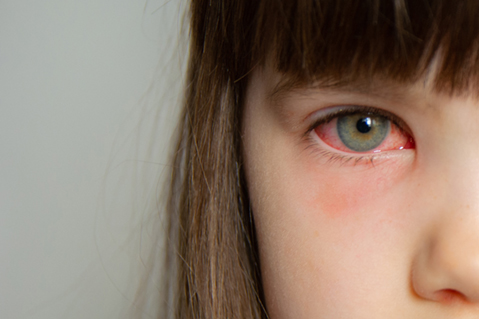Understanding Conjunctivitis: Causes, Symptoms, and Effective Treatments
Conjunctivitis, commonly known as “pink eye,” is a prevalent eye condition that affects people of all ages. It is characterized by inflammation or infection of the conjunctiva, the transparent membrane that covers the white part of the eye and the inner eyelid. While conjunctivitis is generally not serious, it can be highly contagious and uncomfortable. Understanding its causes, symptoms, and treatment options can help prevent its spread and ensure proper eye health.
Types of Conjunctivitis and Their Causes
Conjunctivitis can be classified into three main types based on its cause:
1. Viral Conjunctivitis
Viral conjunctivitis is the most common form and is typically caused by viruses like adenovirus. It often accompanies respiratory infections such as the common cold or flu. This type is highly contagious and can spread through direct or indirect contact with an infected person.
Symptoms:
- Redness in one or both eyes
- Watery discharge
- Sensitivity to light
- Itchy eyes
2. Bacterial Conjunctivitis
Bacterial conjunctivitis results from bacterial infections, commonly caused by Staphylococcus or Streptococcus bacteria. It is also contagious and can spread through contaminated hands, personal items, or contact lenses.
Symptoms:
- Thick, yellow or greenish discharge
- Swollen eyelids
- Crusting around the eyes, especially in the morning
- Mild pain or discomfort
3. Allergic Conjunctivitis
This form is triggered by allergens such as pollen, dust mites, pet dander, or mold. Unlike viral or bacterial conjunctivitis, allergic conjunctivitis is not contagious.
Symptoms:
- Itchy, watery eyes
- Redness and irritation
- Swollen eyelids
- Sneezing or runny nose (common in allergy sufferers)
How is Conjunctivitis Spread?
Understanding how conjunctivitis spreads is essential in preventing its transmission:
- Direct contact with an infected person’s hands, face, or eye secretions.
- Contaminated objects such as towels, pillowcases, makeup, or contact lenses.
- Respiratory droplets from sneezing or coughing in the case of viral conjunctivitis.
Diagnosis and Treatment Options
If you suspect you have conjunctivitis, an eye doctor can determine the type and recommend the appropriate treatment.
Treatment for Viral Conjunctivitis
- Since viral conjunctivitis is caused by a virus, antibiotics are ineffective.
- The infection usually clears on its own in 7-14 days.
- Applying cold compresses can relieve irritation.
- Artificial tears or lubricating eye drops can help soothe the eyes.
Treatment for Bacterial Conjunctivitis
- Antibiotic eye drops or ointments are usually prescribed to speed up recovery.
- Symptoms generally improve within a few days of starting treatment.
- Avoid sharing personal items to prevent spreading the infection.
Treatment for Allergic Conjunctivitis
- Avoid allergens that trigger symptoms.
- Antihistamine eye drops or oral antihistamines can reduce allergic reactions.
- Cold compresses can help relieve swelling and irritation.
Prevention Tips for Conjunctivitis
To minimize the risk of developing or spreading conjunctivitis, follow these preventive measures:
- Maintain good hygiene by washing hands frequently with soap and water.
- Avoid touching or rubbing your eyes, especially with unclean hands.
- Disinfect surfaces and objects like doorknobs, phones, and computer keyboards regularly.
- Do not share personal items like towels, makeup, or contact lenses.
- Replace eye makeup regularly and avoid using expired products.
- Use protective eyewear in dusty or allergen-prone environments.
When to See an Eye Doctor
While conjunctivitis often resolves on its own, some cases require medical attention. Seek an eye specialist if you experience:
- Persistent eye pain or severe discomfort
- Blurred vision or increased sensitivity to light
- Worsening symptoms despite home care
- Green or yellow discharge causing eyelids to stick together
Conclusion
Conjunctivitis is a common yet manageable eye condition. Whether caused by a virus, bacteria, or allergies, understanding its symptoms and treatment options can help in quick recovery and prevent its spread. Practicing good hygiene and taking preventive measures can significantly reduce the risk of infection. If you experience prolonged or severe symptoms, consult an eye care professional for proper diagnosis and treatment.
For expert eye care and treatment, visit iCare Centre and schedule an appointment with our specialists!



Leave A Comment